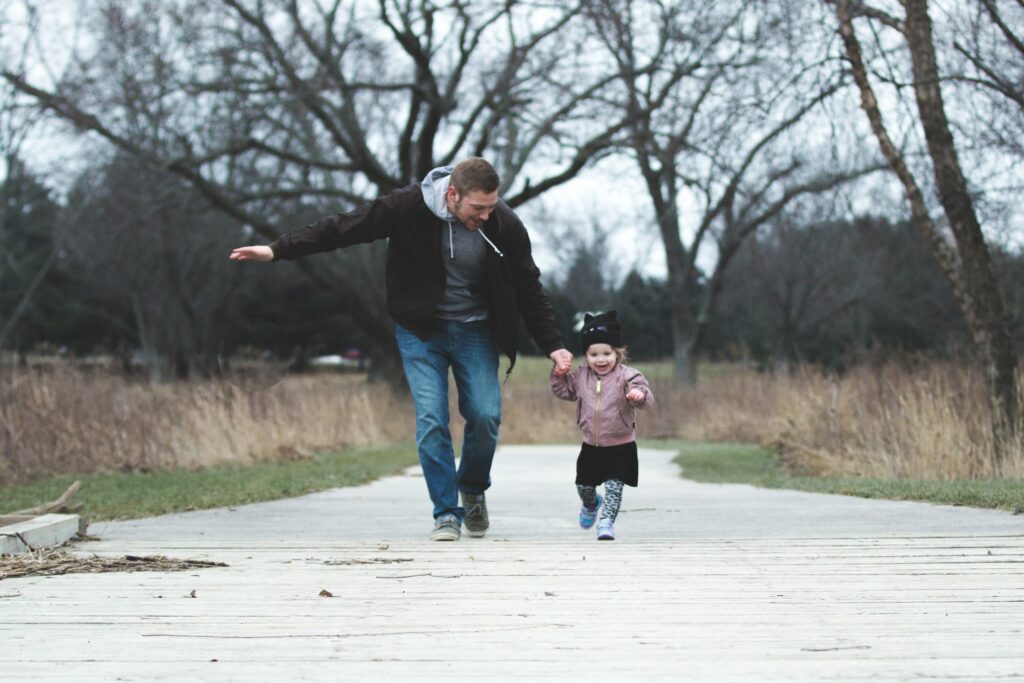In childhood, we often experience mis-attunement, neglect, abandonment, smothering and other forms of imperfect parenting which create personal wounds. These wounds develop a fear within us and to protect ourselves from undesirable outcomes we develop strategies called ‘adaptations’. We create genius adaptations as children to keep us safe, maintain attachment, minimize consequences, avoid attention or gain attention. Essentially, we do whatever we have to do to protect ourselves and survive the family system.
As part of this experience, we also begin to craft a narrative about our lives, our worthiness and our place within the world. We often craft ‘not good enough’ stories based on their experience which gets reinforced as we easily find evidence in the world to support our deeply held beliefs.
Our personal triggers are often fuelled by these stories we that we have. The challenge is learning to process what we are experiencing so that we our lives are not sabotages by highly reactive behaviour and negative, limiting beliefs.
This can boil down to “don’t take it personally.” But, how to actually do that? How do we practice not taking things personally in our relationships when it happens so quickly? If you already have this practice as part of your life, you know how hard it is to catch.
Our romantic partner can say something negative and we immediately make it mean something about ourselves. Part of this experience is simply the way that neurons in the brain interact with each other. Our partner being angry will activate anger in us. Part of our brain is unable to distinguish between the anger being direct at something else or at us, so our defensive system is activated.
When we get defensive, our capacity for curiosity is diminished. This why I teach couples to take breaks as needed, communicate clearly and commit to re-connecting within an agreed upon time frame.
Great questions to ask yourself when triggered or activated are:
What hurts me about this?
What am I afraid of?
What does this remind me of from childhood?
What is it that I need right now?
Can I give that to myself or do I need something specific from someone else?
When processing yourself this way, you might notice a sense of relief from the intensity you feel in your body. Many of our personal triggers are connected to fears of annihilation, abandonment, loss of self and other intense potentialities. So, it makes sense that we can be feeling so much in a given moment. The intensity of our feeling can be reduced when we connect the dots and identify what we are feeling and why. The questions suggested in this post are helpful with that.
When we learn to process ourselves in this way, we can also bring these insights to our partner. Instead of burdening them with the task of processing us or being our therapist 24/7, we can share clear insights with them about our upset and invite empathy for our experience. When sharing in this way, the ideal outcome is that our partner does not take it personally and also feels some relief because they realize that your reaction is not entirely about them and that there is also very relevant historical context.
If you have re-occurring conflicts in your relationship and find yourself fighting about that same thing over and over, it is 100% about childhood and the re-creation of childhood pain. In this case, it can be helpful to get a couples therapist involved to provide more insight and help create breakthroughs for both of you.



